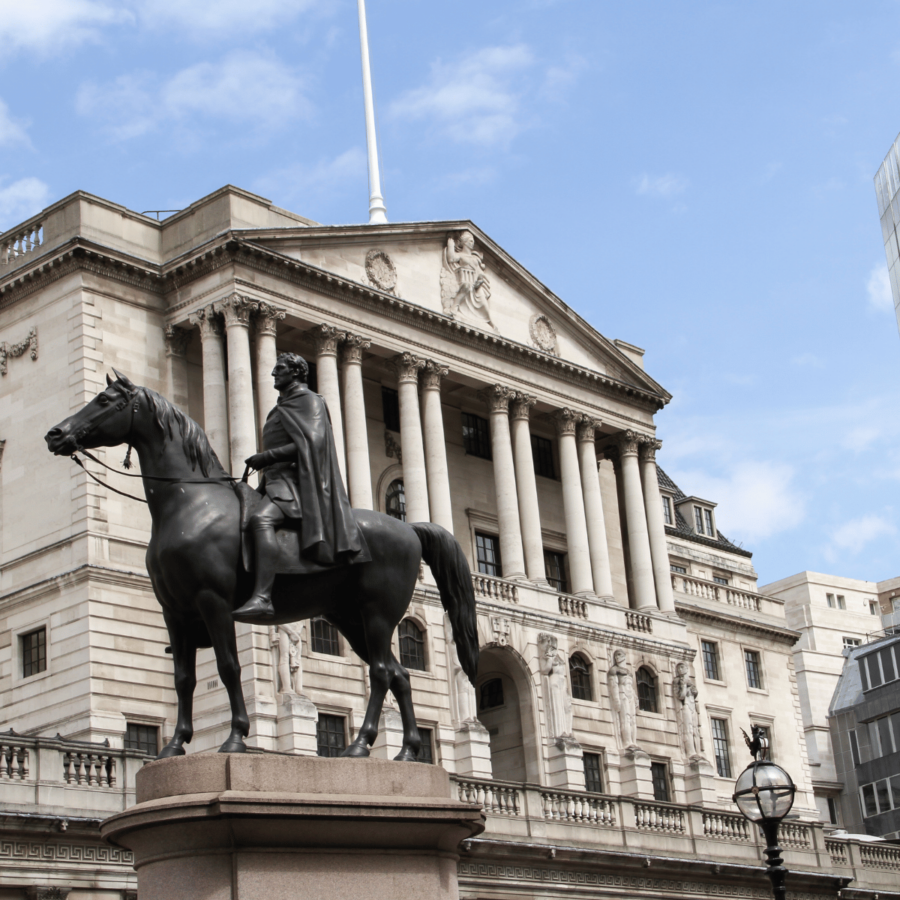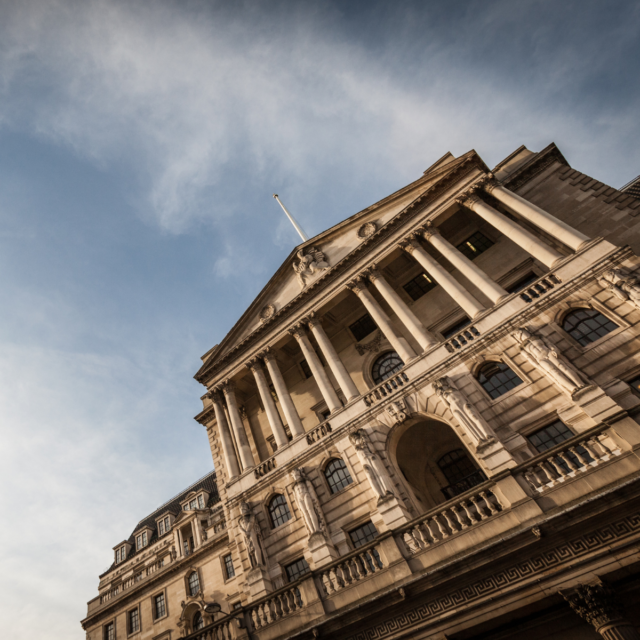Letter to the Financial Times: Is Perfidious Albion About to Make a Return?

In Chris Giles’s column “A needless banking subsidy whose time is up” (Opinion, June 7) it is misleading for him to describe paying “Bank rate” on commercial banks’ reserves — those reserves received for bonds sold to the Bank of England via its quantitative easing reverse auctions — as a “subsidy”.
Equally, Giles’s proposal that the BoE ceases paying interest on those reserves, while requiring banks to hold them unremunerated, is virtually an incitement to the BoE to cheat its market counterparties.
Since 98 per cent of the bonds were gilts, QE was in effect an exchange of consolidated UK state (ie BoE plus UK government) fixed-interest debt for Bank-rate-bearing floating-rate UK state liabilities.
The gilts will have been largely sourced from investment funds, so banks would only have received reserves by offering those funds advantageous deals and in turn tendering gilts at prices taken by the BoE. That is, the BoE bought gilts at prices reflecting the attractiveness of the terms understood to be being offered.
Naturally, banks and investors accepted a risk of losing money if Bank rate remained low. Indeed, until 2022, the exchange favoured the state, with the Treasury receiving cash from QE totalling £124bn by 2022, so it is unfair, now that the cash flow has reversed, to describe that as a “subsidy”.
Although payment of Bank rate on reserves was probably not contractually specified, for the state to renege on the accepted terms since they have turned against it would represent a breach of trust if not a default. Because QE was isolated in a BoE subsidiary remitting its returns to the Treasury, a decision to stop paying interest on reserves would be for the Treasury as much as the BoE. And as the cost to the banks would not be defrayed by the return on the gilts held within the subsidiary, depending on the amount of reserves unremunerated the annual direct cost to UK banks could be up to about £35bn.
This would practically wipe out banks’ other pre-tax profits, while, to the extent that banks managed to recover some of it from retail depositors and borrowers, the result would be a regressive tax increase.
Finally, the UK state in effect reneging on the terms of an exchange that turned against it could be expected to make any future revival of QE expensive, while buyers of gilts in general might demand a “perfidy premium” on gilts yields as insurance against the possibility of being swindled.
Tim Young
National Institute for Economic and Social Research, London


